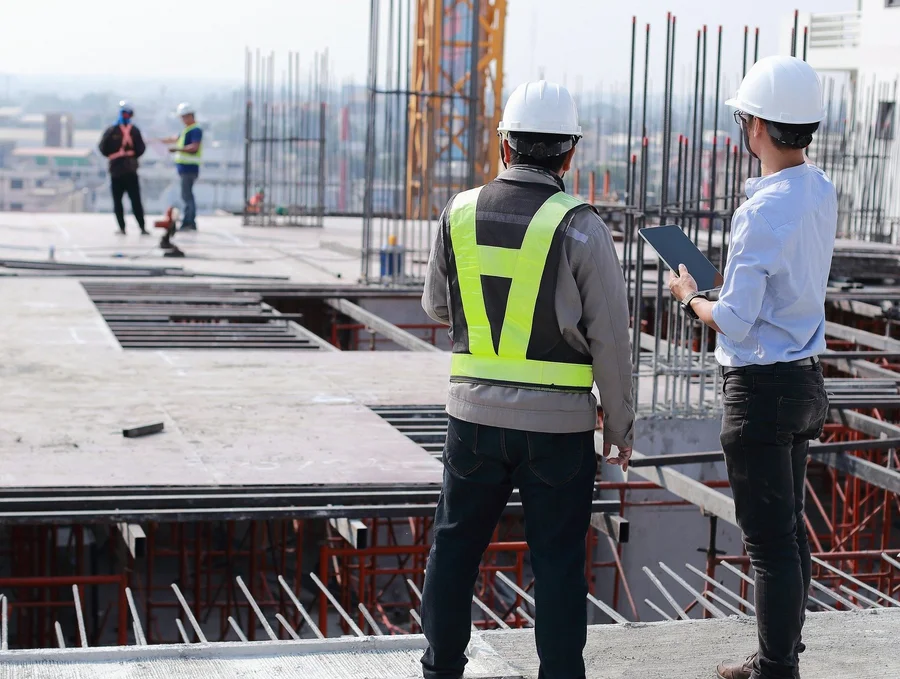A 2024 report from L.E.K. Consulting says sustainability can provide business benefits to buildings and construction contractors recovering from a downturn.
The buildings and construction sector is the world’s biggest polluter, responsible for 37% of greenhouse gas emissions according to the United Nations Environment Programme.
A 2024 report from L.E.K. Consulting shows that 41% of European building and construction contractors consider sustainability and ESG activities as important to their strategy.
However, short term business considerations, such as securing finance and overcoming a skills shortage, have taken precedence over sustainability efforts.
Tom Diplock, Partner and Head of European Building and Construction Practice at L.E.K. Consulting, says: “After a challenging and disrupted period, the construction sector must move beyond short-term fixes and lay the groundwork for future competitiveness.
“By prioritising operational efficiency and advancing sustainability and digital innovation, industry players will not only meet today’s demands but also be well-positioned to lead as the market regains momentum.”
How contractors consider sustainability and digitisation
L.E.K.’s report shows that the strategic importance of both sustainability and digitisation to firms is impacted by their size.
Out of the biggest firms surveyed, worth more than £50m (US$63.1m), 30% said sustainability is “very important” to their company strategy and 24% for digitisation.
In those worth £1m-£10m (US$1.2m-US$12.6m), only 14% consider sustainability “very important” and digitalisation just 11%.
To these contractors, sustainability strategies could include using sustainable building materials, minimising waste or adopting green design strategies like natural ventilation.
Some digitalisation strategies include implementing building information modelling (BIM) systems, improving supply chain transparency through blockchain tools and using smart IoT building monitoring systems.
Both sustainability and digitisation have a big strategy in common: improving energy efficiency.
“Demonstrating cost savings and clear returns on sustainability efforts is becoming increasingly important in today’s market conditions,” says Frédéric Dessertine, Partner at L.E.K. Consulting.
Sustainability at work in buildings and construction
Between 2022 and 2023, L.E.K. reports that contractors including sustainability in their work on building performance rose from 44% to 60%.
However, the use of sustainable materials in this period decreased by 22%.
These two factors have the greatest impact on the decarbonisation of the built environment.
The report says that building performance provides the twin benefits of reduced carbon emissions and operational cost savings and return on investment can be more readily demonstrated.
Digitisation is evident in larger contractors who have the resources to invest in tools and consider this movement a fundamental enabler of new ways of working.
Digital tools can also improve efficiency, cutting down on costs alongside reducing waste.
“Digitisation has clear advantages in construction and the built environment, from streamlining processes to enabling better design and ensuring compliance with evolving regulations,” says Jonathan Hillcoat, Partner at L.E.K. Consulting.
“Development and adoption of digital solutions throughout the building lifecycle will be a key driver of success in the industry.”
Florian Kaiser, Partner at L.E.K. Consulting, says: “Now is the perfect time for producers and distributors to review and develop their sales approach, refine value-creating services, and provide digital solutions and truly sustainable products to address their target groups more successfully.
“This would set the stage for market share gain with a foreseeable market turnaround in the second half of 2025.”



